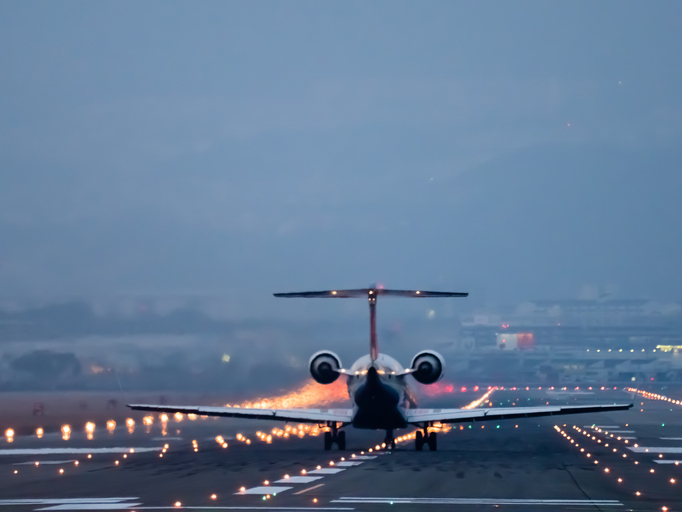European airline chiefs yesterday called for a shake-up of air traffic control, including greater competition and faster training, to ease bottlenecks that led to rising delays in 2018.
Ryanair Chief Executive Michael O’Leary hit out at what he called the “scam” of high charges for the use of airspace despite strikes and staff shortages and called for the training time for new controllers to fall to 6 months from 2-3 years.
“We can train someone to fly an airplane in 6 months – not to be a captain, but to fly the plane. Air traffic control is a fundamentally simple process. It is not complicated,” he told Reuters after chairing an industry report on air traffic delays.
Unions immediately rejected the suggestion.
“For the public, we could compare our work with what is done by surgeons. Obviously, no one would accept to have surgery with a student who only has a 6-month training,” said Jean-Denis Larrere, First Vice President of ATCEUC, which coordinates the work of European air traffic control unions.
Air traffic control (ATC) strikes and staff shortages cost the EU economy 17.6 billion euros ($19.9 billion) in 2018 in the worst year of delays for air passengers in nearly a decade, industry association Airlines for Europe (A4E) said.
The “disgraceful” delays are caused by a combination of strikes, poor management and delays in implementing new European Union-wide regulations, IAG Chief Executive Willie Walsh said.
The number of EU passengers hit by ATC delays rose 26 percent on the previous year to 334 million, A4E said.
Airlines want a system of compensation that would allow them to recoup losses from air traffic control agencies.
They say the time needed to train new controllers is exacerbated by the fact that they work on different systems and can’t easily be deployed from one country to another.
They also claim current rules give air traffic agencies an incentive to underestimate market demand in order to obtain higher charges per flight, even though this also leads to the recruitment of fewer controllers than needed – and more delays.
“We need to expose this kind of protectionism, which is what it is,” O’Leary told Reuters.
But CANSO, an international body representing national air traffic control providers, said delays have many causes from technical problems to airport congestion and bad weather.
“CANSO and its members will continue to focus on reducing those delays which are genuinely addressable by air traffic management,” a spokesman said,
European agencies have invested over 6 billion euros since 2011 in new infrastructure, he added.
Tying the issue to industry pledges on sustainability, A4E said operational issues such as ATC strikes had led to 1 million tonnes of avoidable CO2 emissions since 2014.
The conference was held a day after a study funded by investors said airlines are doing too little in the fight against global warming, adding that newer planes and steps to ensure flights are at full capacity would help.






